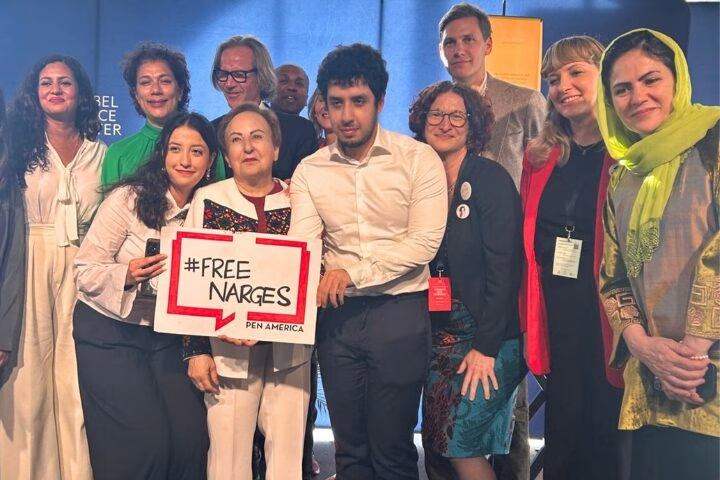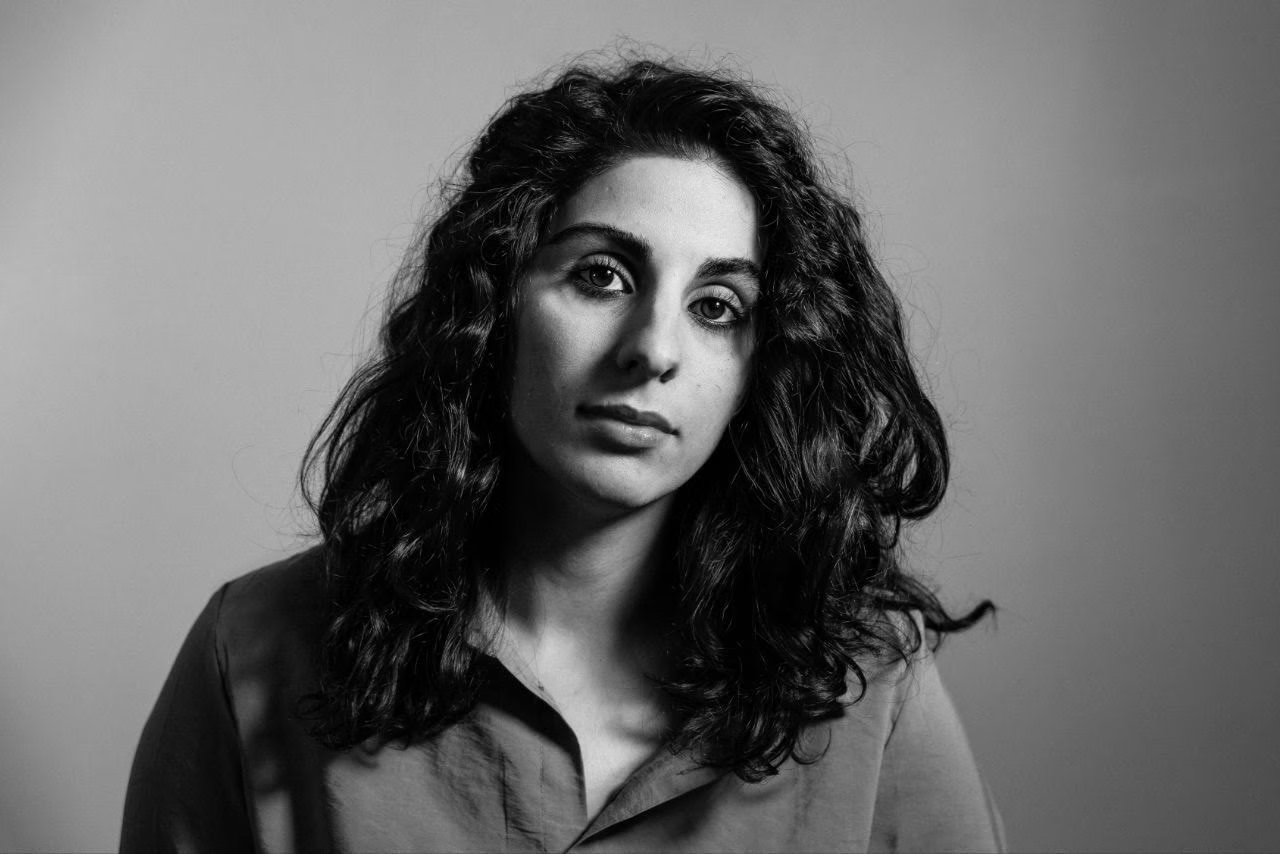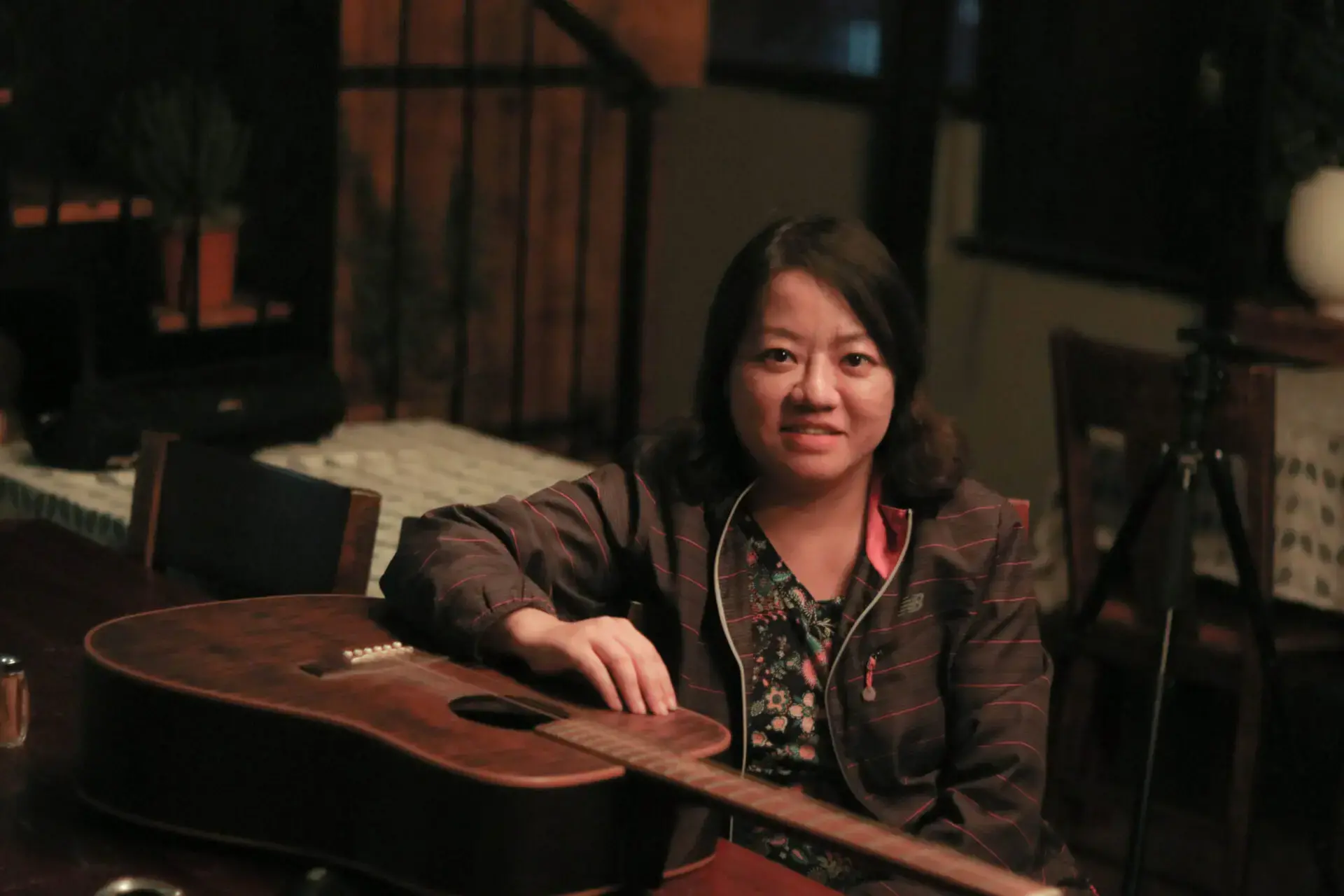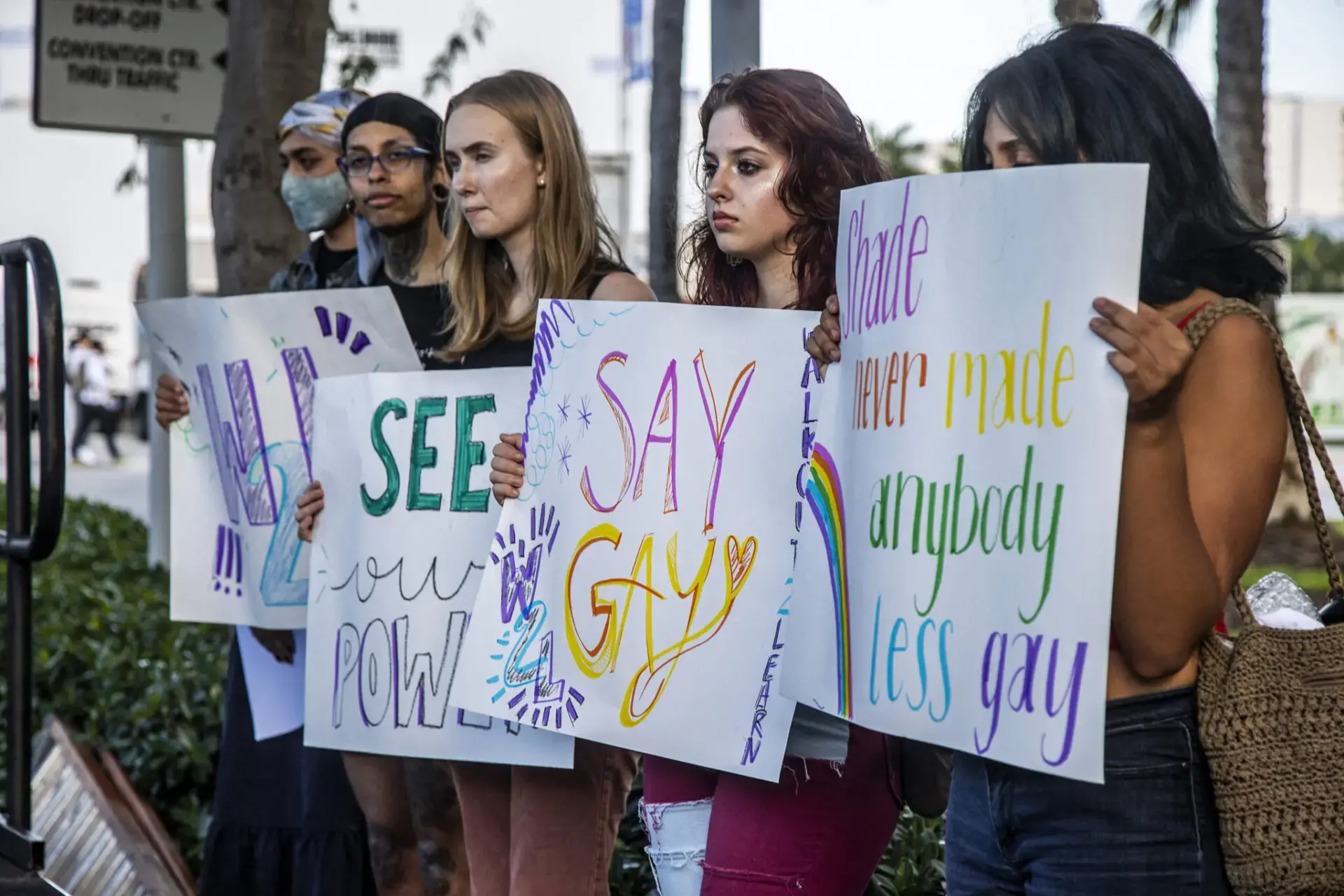Two years ago, Mahsa Jina Amini’s death in custody in Tehran sparked nationwide protests reverberating with chants of “Woman, Life, Freedom.” Amini, an Iranian woman of Kurdish origin, was arrested by Iran’s so-called morality police for allegedly not wearing her hijab properly. She was beaten in detention. Three days later, on September 16, she succumbed to her injuries and died in a hospital. Widespread protests took place across Iran within weeks; in the ensuing crackdown, tens of thousands of protesters were arrested and hundreds were killed.
While mass protest has subsided over the last two years, human rights experts recently warned that during 2024 Iranian authorities have “increased repressive measures” against women and girls and continued to use criminal penalties against government critics.
In the weeks following Amini’s death, Iranian authorities sharpened their focus on writers and artists in an effort to further chill anti-government speech and activism. They arrested people for writing poetry, making music, and lending their names to open letters supporting the Woman, Life, Freedom protests. Throughout 2022, the Iranian government had incarcerated at least 57 writers for their expression, up from 21 the previous year.
Writers and artists in Iran have long played a role in pushing back against state repression and demanding greater human rights for women, ethnic and religious minorities, and laborers, among others. Many have fostered vibrant literary and artistic communities that reject restrictions on expression and oppose state censorship despite harsh penalties. In his remarks accepting the 2021 PEN/Barbey Freedom to Write Award, the late poet and filmmaker Baktash Abtin said, “I hope for a day where no one in the world is imprisoned for their thoughts and for having such a beautiful demand as freedom.”
Solidarity remains crucial for pursuing this ideal. In January 2022, while serving his six-year prison sentence, Abtin died after prison officials denied him medical treatment. Iran held its place as the second-largest jailer of writers in the world in PEN America’s 2023 Freedom to Write Index, and, notably, the top jailer of women writers. The following writers are among the many currently imprisoned in Iran:
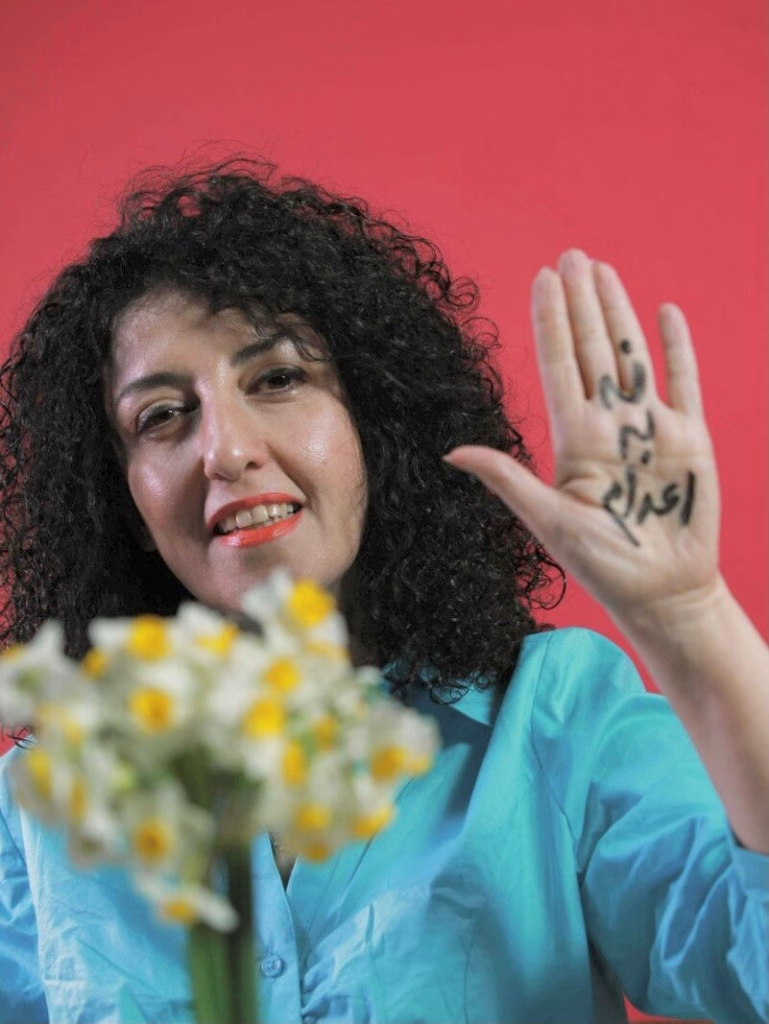
Narges Mohammadi
Nobel Laureate, writer, and journalist imprisoned in Evin
Narges Mohammadi is a prominent writer and human rights defender, who has been repeatedly arrested since 2009 by the Iranian authorities. Most recently jailed in November 2021 on spurious propaganda and defamation charges related to her book White Torture, she is serving multiple sentences totaling more than 30 years. The 2023 Nobel Peace Prize Laureate and 2023 PEN/Barbey Freedom to Write Honoree, Mohammadi continues to write about human rights from inside Evin prison, expressing support for the Woman, Life, Freedom protests and fearlessly speaking out about Iranian authorities’ abuse of fellow prisoners behind bars. PEN America is part of the Free Narges Coalition to continue to press for her release.
Golrokh Ebrahimi Iraee
Poet and writer imprisoned in Evin
Golrokh Ebrahimi Iraee is a writer who was first jailed in 2014 for an unpublished short story that criticized the practice of stoning. She was sentenced to six years in prison and then released in April 2019—only to be re-arrested within the year. The Iranian authorities brought charges against Iraee for her human rights advocacy from behind bars. In May 2022, she walked out of prison, and soon faced another unjust imprisonment. She was arrested in September following her support of the protests following Mahsa Jina Amini’s death. Though she is serving a 10-year prison sentence, Iraee has continued to speak out in support of human rights and gender equality.
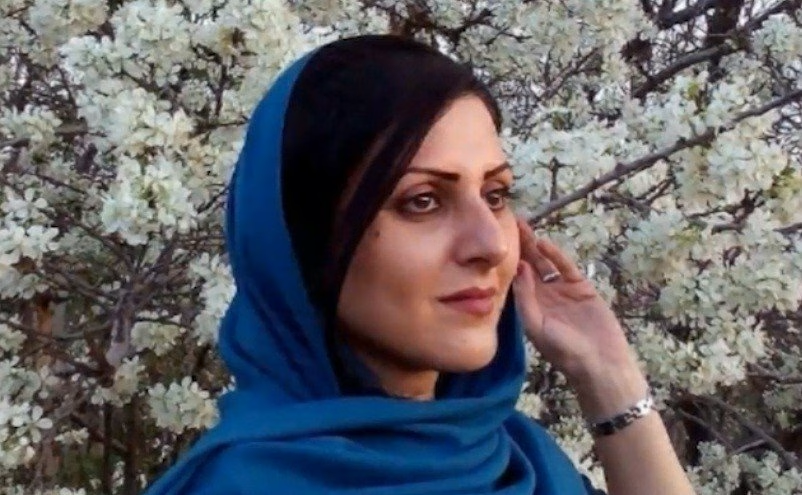
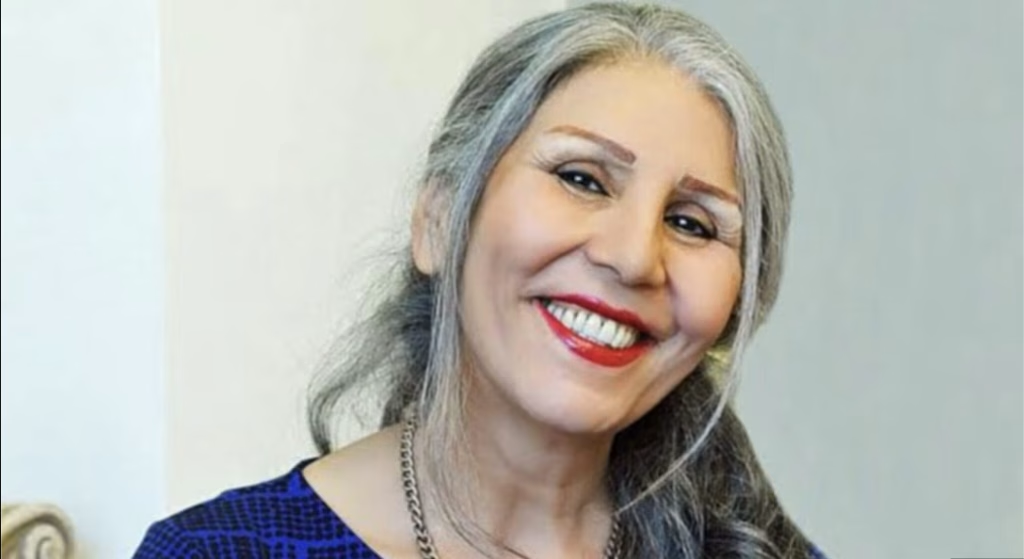
Mahvash Sabet
Poet and writer imprisoned in Evin
Mahvash Sabet is a writer, teacher, and member of the Bahá’í faith who has published books of poetry outside of Iran. She was arrested in July 2022 during a raid targeting the Bahá’í community and in November, she was sentenced to 10 years in prison on national security charges. Sabet suffered torture and ill treatment in custody, and was also put in solitary confinement despite her age and medical conditions. In November 2023, after she wrote an open letter from Evin prison, she was denied communication with her family. Sabet has also joined Narges Mohammadi, Golrokh Iraee Ebrahimi, and other women political prisoners in Evin in writing a letter on the struggle for gender equality as part of the fight against all manifestations of injustice and discrimination.
Toomaj Salehi
Rapper and lyricist imprisoned in Evin
Toomaj Salehi, a rapper known for the dissident themes in his songs, was first arrested in September 2021 and received a six-month suspended sentence and fine in early 2022. He was arrested again in October for supporting the Woman, Life, Freedom protests. In July 2023, he was sentenced to six years in prison but released in November. Just two weeks later, Iranian authorities apparently abducted Salehi and brought him back to prison. In 2024, he was convicted of “spreading corruption on Earth,” a crime that carries the death penalty, but it was later overturned. In prison, Salehi has been tortured and denied rights to communication.
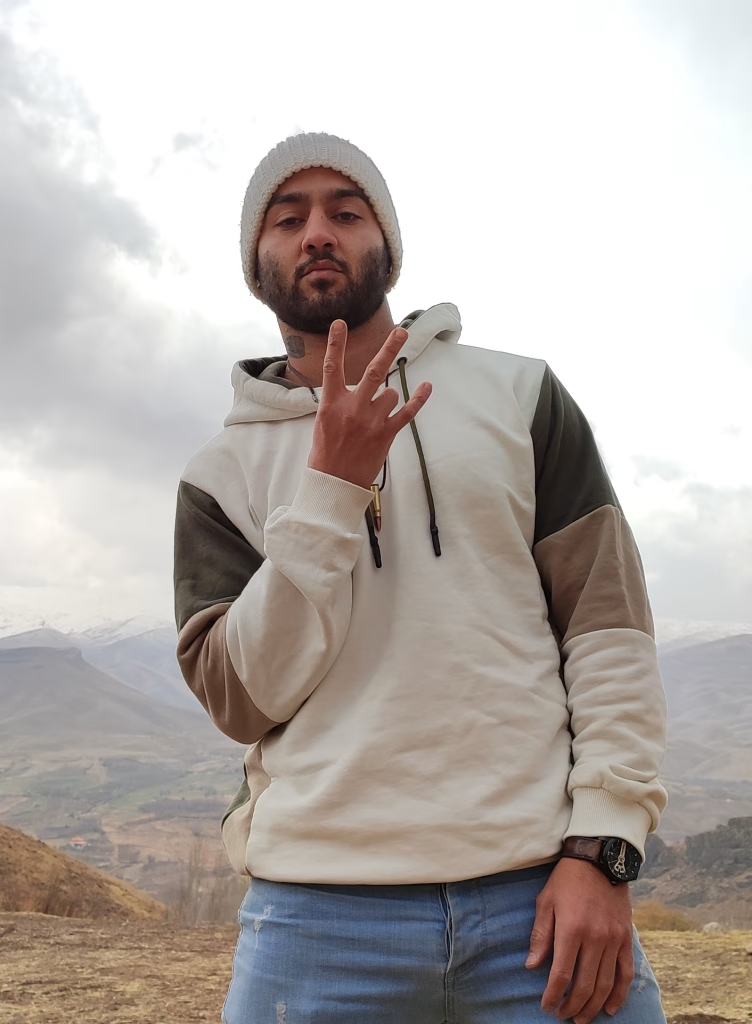
PEN America continues to amplify the cases of writers unjustly imprisoned and at risk in Iran, and we call on writers and their allies around the world to join us. Individual writers, artists, and other cultural figures can hold power to account in a way that few others can. We urge the international community to recognize their role and defend their freedom to write.
